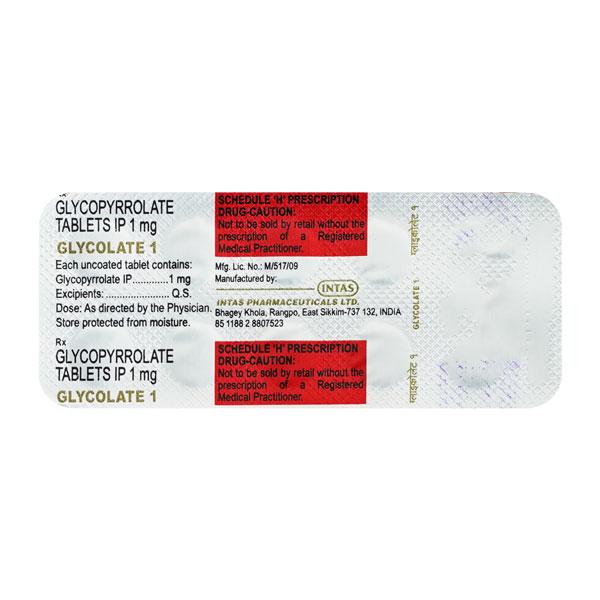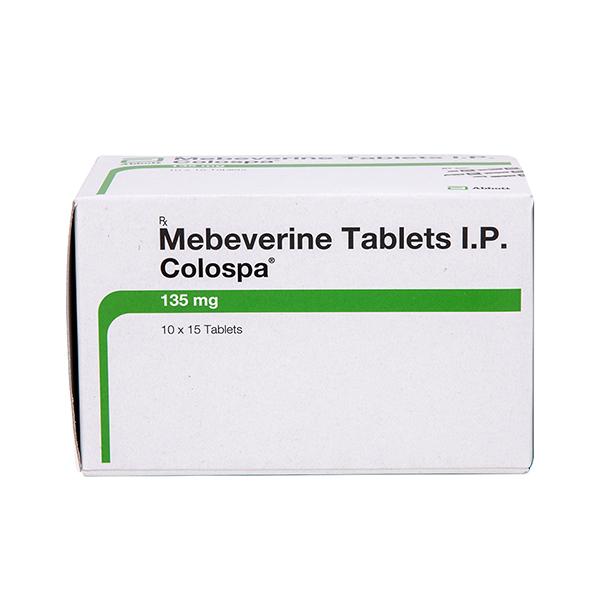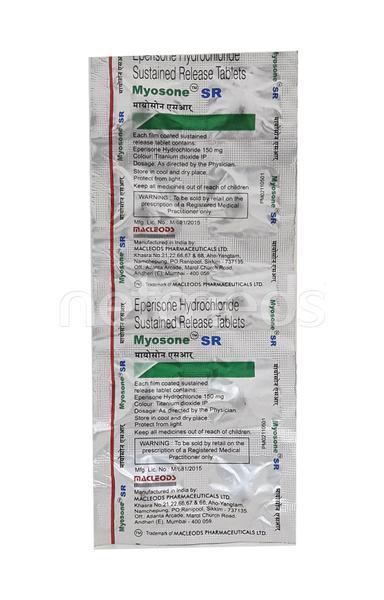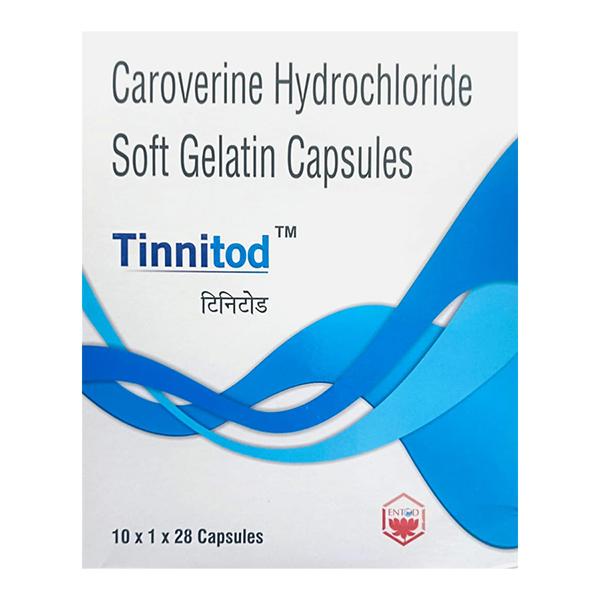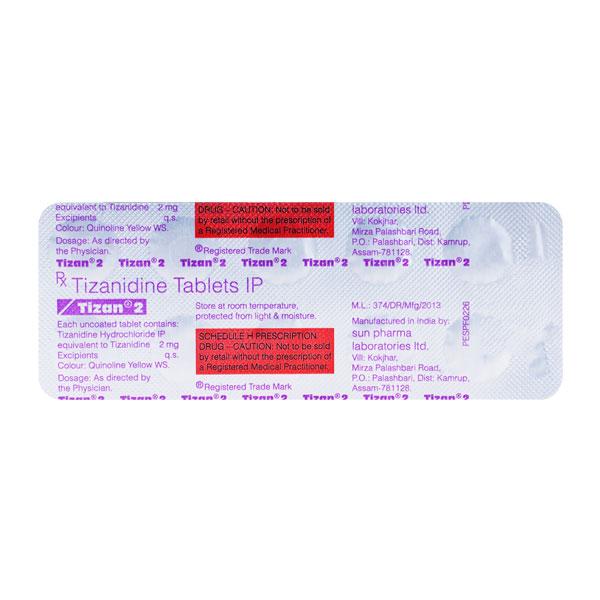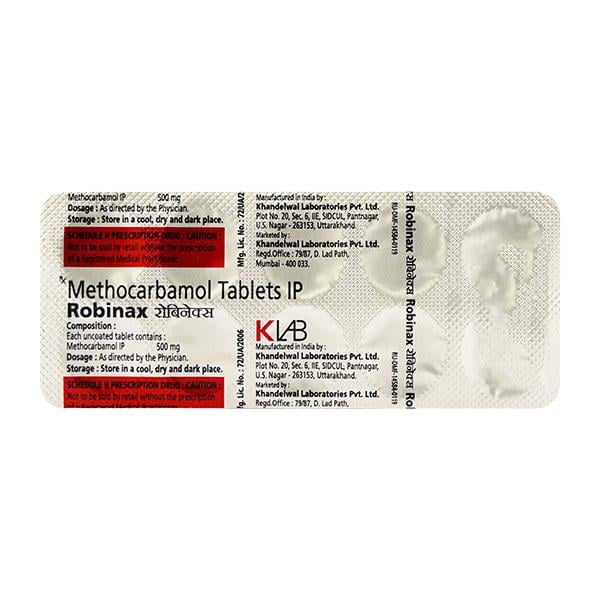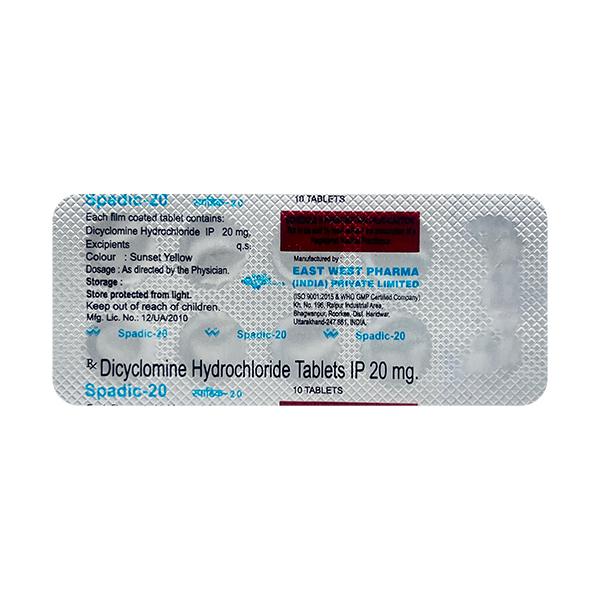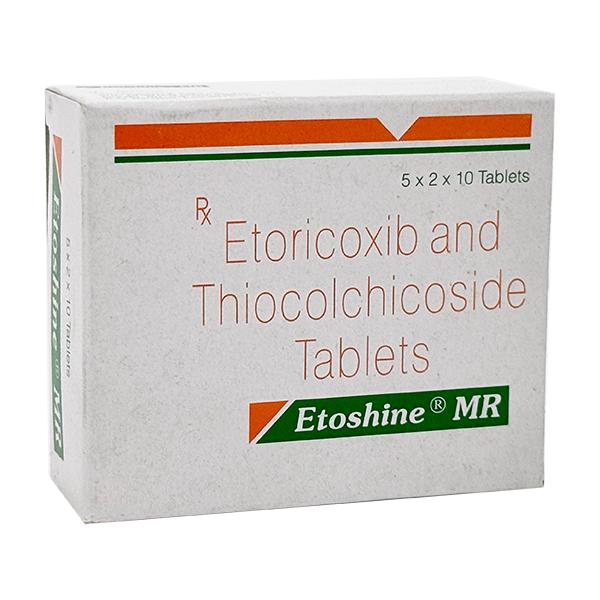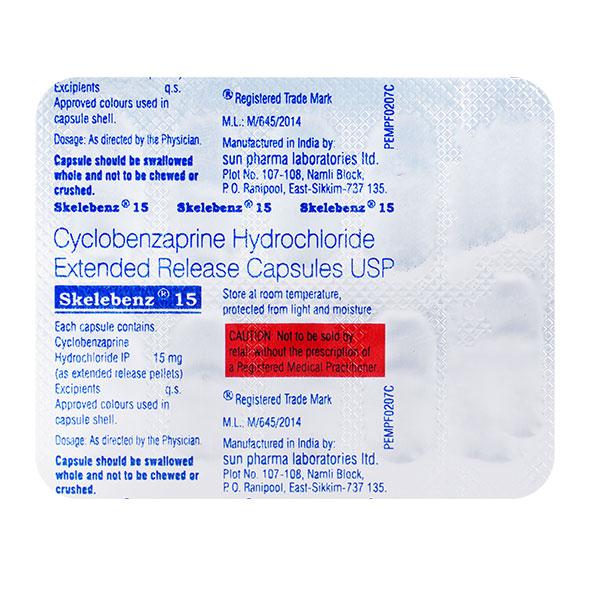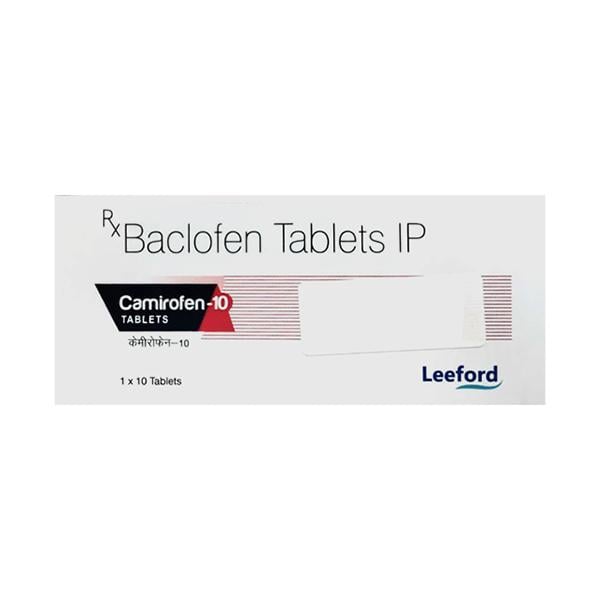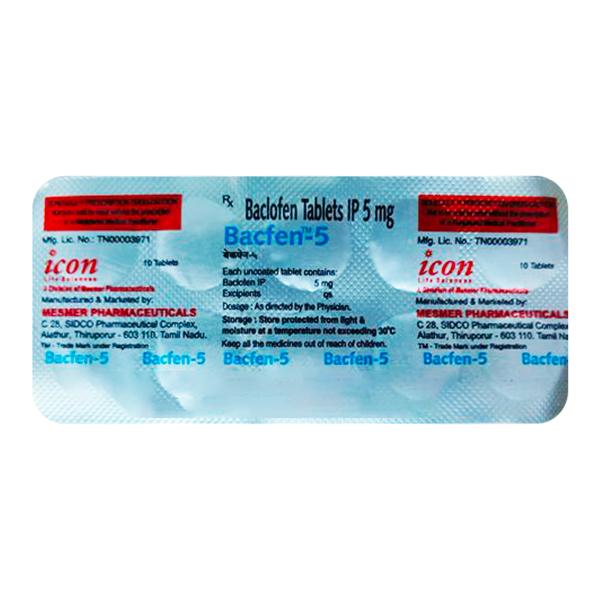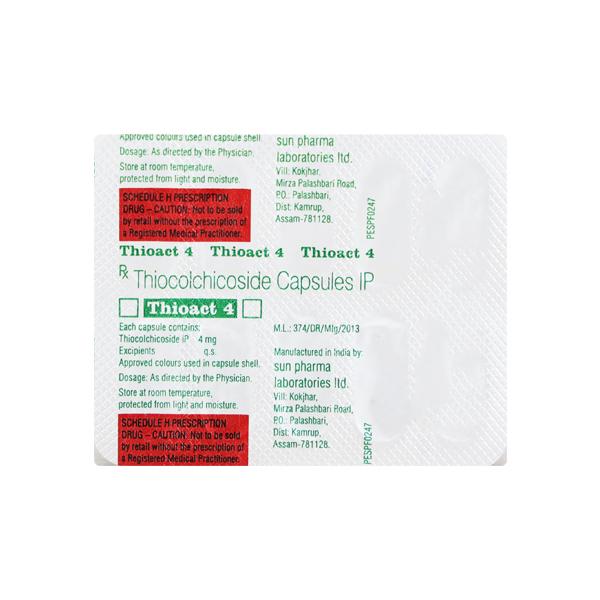


Muscle Cramps/Spasticity Medicines
Showing results in 'Muscle Cramps/Spasticity Medicines'
Muscle cramps are involuntary contractions or spasms that occur in one or more muscles.The intensity may vary from mild to moderate to severe leading to painful contractions. To prevent muscle cramps, it is important to stay hydrated, maintain a healthy diet with adequate proteins and electrolytes, and doing some stretching exercises before and after workouts. Also, to prevent cramps at night, you can do light exercise regularly, such as cycling for a few minutes or walking before bedtime. The habits can help prevent cramps while sleeping.
In some cases, muscle cramps may be a sign of an underlying medical condition
Causes Of Muscle Cramps
Muscle cramps can occur for various reasons, including:
- Dehydration
- Electrolyte imbalances
- Muscle fatigue
- Poor blood circulation
- Nerve damage
- Medications
- Underlying medical conditions such as diabetes, hypothyroidism, and liver or kidney disease
- Inadequate stretching before physical activity, overuse of muscles, and prolonged sitting or standing can also lead to cramps.
- Certain lifestyle factors such as alcohol consumption, smoking, and a diet low in magnesium and potassium can increase the risk of muscle cramps as well.
How To Treat Muscle Cramps
There are various ways to treat muscle cramps, including the use of muscle cramp tablets, vitamins for muscle cramps and spasms, and spasticity treatment. Muscle cramp tablets work by relieving the tension in the muscles and by reducing the pain associated with the cramp. Vitamins like magnesium and potassium are essential for proper muscle function and can help prevent muscle cramps and spasms. Spasticity treatment involves the use of medication or physical therapy to manage involuntary muscle contractions caused by conditions such as multiple sclerosis or cerebral palsy. If cramps are frequent, severe, or interfere with? daily activities, it is important to consult a doctor for further evaluation and treatment.


